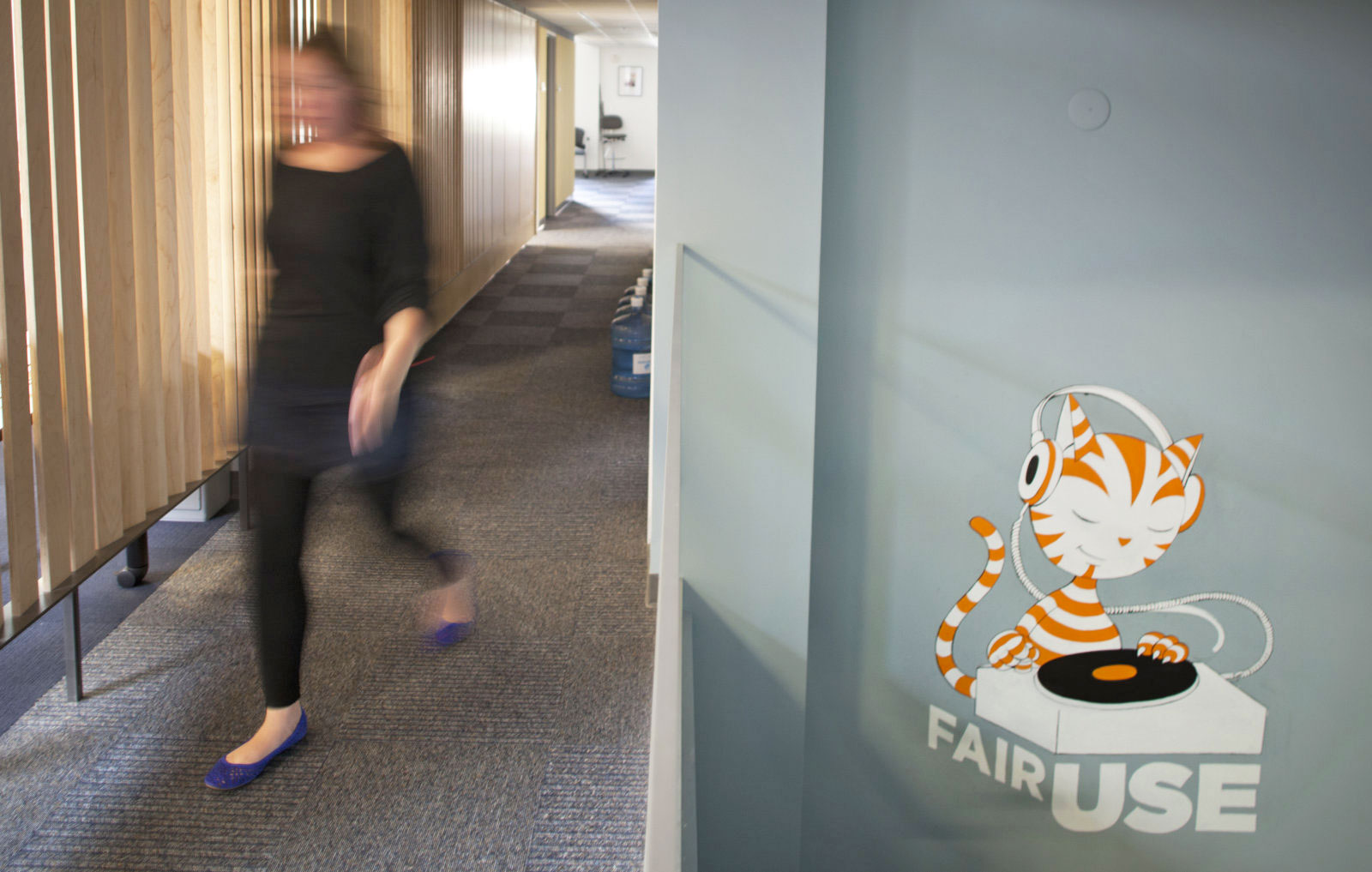It's been almost two years since
YouTube's triumph in its copyright infringement case against Viacom. As is the way of things, Viacom
appealed the decision, and now the Second Circuit Court of Appeals has decided to breathe new life into Viacom's case. Apparently, the appeals judge didn't see eye to eye with the District Court's ruling that no reasonable jury could have found that YouTube had actual knowledge or awareness of infringement on its site.
You see, the Digital Millennium Copyright Act (DMCA) requires such awareness for service providers like YouTube to be guilty of copyright infringement, and that safe harbor provision was the grounds for YouTube's victory on summary judgment. Furthermore, to succeed on summary judgment, YouTube had to prove that no reasonable jury could find that it knew of any infringing activity. While the lower court felt that YouTube carried that burden, the appeals judge disagreed, and has remanded the case back down for the District Court to determine if YouTube knew about or willfully ignored the infringement. What does this mean? All we can say for sure is that it'll expend more judicial resources and make more money for the attorneys involved. The result could very well end up, once again, in YouTube's favor, but we'll have to wait and see.
Viacom wins appeal against YouTube, gets another chance to prove copyright infringement originally appeared on Engadget on Thu, 05 Apr 2012 13:23:00 EDT. Please see our terms for use of feeds.
Permalink |
 Wall Street Journal
Wall Street Journal |
Email this |
Comments
 Researchers can now probe connected devices, computers and cars for security vulnerabilities without risking a lawsuit. Last Friday, the FTC authorized changes to the Digital Millennium Copyright Act (DMCA) that will allow Americans to do hack their...
Researchers can now probe connected devices, computers and cars for security vulnerabilities without risking a lawsuit. Last Friday, the FTC authorized changes to the Digital Millennium Copyright Act (DMCA) that will allow Americans to do hack their...
 Researchers can now probe connected devices, computers and cars for security vulnerabilities without risking a lawsuit. Last Friday, the FTC authorized changes to the Digital Millennium Copyright Act (DMCA) that will allow Americans to do hack their...
Researchers can now probe connected devices, computers and cars for security vulnerabilities without risking a lawsuit. Last Friday, the FTC authorized changes to the Digital Millennium Copyright Act (DMCA) that will allow Americans to do hack their...
 The Electronic Frontier Foundation (EFF) has sued the US government in an attempt to overturn a part of the DMCA that it says violates the First Amendment. The provisions, contained in Section 1201, restrict user access to purchased content including...
The Electronic Frontier Foundation (EFF) has sued the US government in an attempt to overturn a part of the DMCA that it says violates the First Amendment. The provisions, contained in Section 1201, restrict user access to purchased content including...



